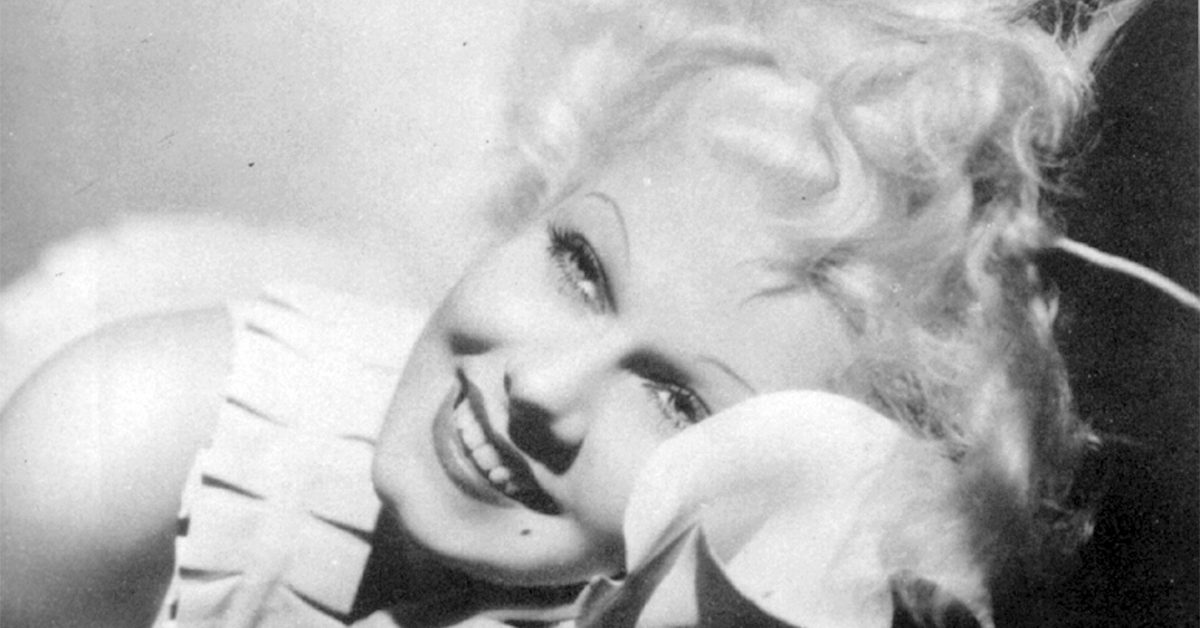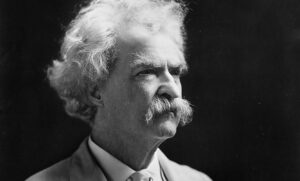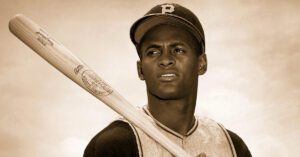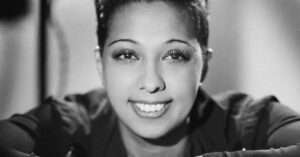Based on the hit Broadway play, M-G-M’s adaptation of Dinner at Eight (1933) for its constellation of top studio stars in a follow-up to Grand Hotel portrays what happens when various strata of New York society gather for a dinner party.
As producer, in his first picture at Metro, David O. Selznick cast Clark Gable as a physician. Selznick’s father-in-law who ran the studio, however, Louis B. Mayer, vetoed this choice, remembering that Gable’s fans had objected to his role as a doctor in the previous year’s Strange Illusion. So the role was given to Edmund Lowe instead.
Other keys roles went to Jean Harlow and Wallace Beery as husband and wife. During the film as part of the story, they fight a lot. Off-screen, they feuded for real. Everyone in the company hated him, loved her.
Beery on his choice for a desert island companion: “I’d pick Marie Dressler rather than Harlow.” Harlow on Beery: “He’s a mean old son-of-a-bitch whose grave I’d love to piss on.” Sadly, she never got a chance.
Harlow asked the director, who happened to be gay, George Cukor, for advice on how she should portray a sex kitten as the shooting script called for. “I can teach you, Miss Harlow, how to be an actress, “Cukor said, “but I cannot teach you how to be a woman!”
Assistant director Joseph Newman said that Cukor did give Harlow “an understanding of the role, which was the exact opposite of her real personality.” By all accounts, Jean Harlow was shy, insecure, and not self-important. She radiated goodwill, fun and generosity.
Without giving anything away, the film’s killer closing remarks were written by Donald Ogden Stewart. Most reviews commented on how racy it was. This scene was also the last one shot, and after Cukor said, “Cut!” everyone on the set applauded and yelled their approval. Harlow was so thrilled that she ran to her dressing room and cried.
While making this film, Harlow was reflecting on who she really was versus the kind of person her public thought she was as reflected in the roles she played.
“If I could have remained just Harlean Carpenter,” she said, “if I could have put on the Harlow personality like a mask while I was working and then take it off when the day was done, that would be heaven. I can’t ever be myself. I can’t develop myself. I spend all my time developing the girls I play on the screen. No sooner am I through with one than I must figure out the characterization of another. I can perfect the parts I play, but I can never perfect the person I am.”
And sadly, in her short life, she would never have the time to do so.




